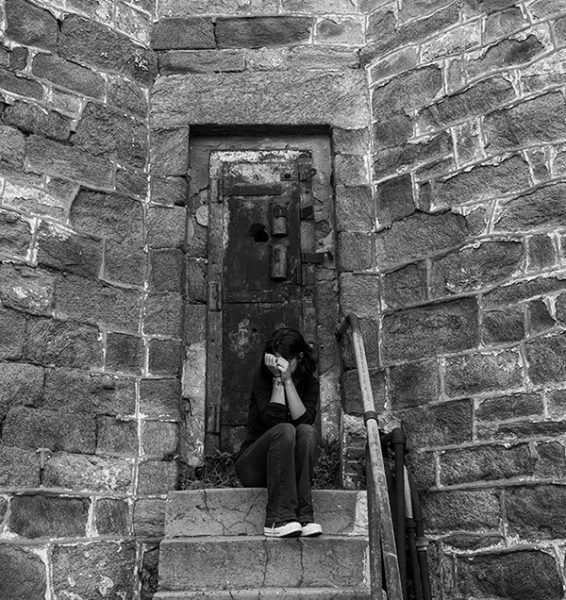Poor Teen Sleep Habits
After school, many of today’s teens have homework, clubs, sports, community service jobs, and part-time jobs. On top of this, they need to make time to spend with their friends and family. With all of this during the day, many see what should be their sleep time as their free time. Because of this, many teens will stay up late surfing the web. Teenagers just can’t find time to sleep.
The recommended hours of sleep an individual should get is about eight to ten hours of sleep per night, according to nhs.uk. However, many people get far less for various reasons (work, obligations, etc.).
As cited on sleepfoundation.org, only about 15% of teens reported sleeping for about 8 ½ hours on school nights. Another poll revealed that over 87% of high school students get far less than the recommended hours of sleep.
Over time, the effects of sleep deprivation will show themselves more and more. A few nights without sleep will make you tired, and you will be a bit cranky. After a few more days, your decision-making skills will worsen, and you may even find yourself falling asleep from time to time during the day.
This can have a very negative effect on their performance. Sleep deprivation can cause their focus and memory to deteriorate. This is a large problem, as it means that a large amount of students are not performing at the levels they could achieve.
Information on nih.gov states a lack of sleep can cause high blood pressure, which can lead to heart disease, obesity, and diabetes. This is a serious health risk for teens, and one that the nation should be much more concerned about. Also, lack of sleep can cause depression and suicide. According to stanford.edu, effects of this are at their worst in South Korea, where the suicide rates for teens are 10.7 per 100,000 each year. Researchers suggest that sleep deprivation is a large contributor to this.
As mentioned above, many teenagers lose free time and sleep because of their obligations after school. Teens today live in a very competitive society, where they feel that they need to come out on top to secure their place. Clubs, community service, sports, and part-time work is a part of that. High school students often feel like they need to spend most of their waking hours preparing for their futures, and see their time at night in bed as their “free time.”
According to sleephealthfoundation.org, the light from electronic devices can increase alertness, and activities we do on our devices can make us less ready to sleep. Various studies on the topic show that, after 1 ½ hours, we start to feel less sleepy. It could also delay your mental clock, making you want to sleep longer.
Using technology may also cause a less satisfactory sleep. A 2011 study by the US National Sleep Foundation showed people who use a device before bed had a less satisfactory sleep than those who did not. Also, they were more likely to feel sleepier during the day.
There are many benefits that can be gained from a full night’s rest. The more you sleep, the more you can build your immune system, boost your mental health, and prevent the risk of heart attacks.
There are many ways to improve sleeping habits. The website helpguide.org suggests that before bed, try to use electronic devices for as little time as possible. Keep your room dark and cool. In bed, reading a book or listening to soft, quiet music is fine, whereas watching television or using a device with a backlit screen is not okay. Try not to worry about when you will fall asleep, and maybe do some deep breathing. These activities should make it easier to fall asleep.
A great way to make sure that you finish all your work and get a full night’s sleep is to take advantage of the lunch and learn program at Shawnee. On days when you receive a large amount of homework, go to the library or the courtyard to knock a few assignments off the list.
Sleep is extremely important. It’s how we recharge, and it keeps us functioning as humans. We need to make sure we use our time in bed wisely and get the amount of sleep the body needs.
Sources:
www.nhs.uk/Livewell/tiredness-and-fatigue/Pages/lack-of-sleep-health-risks.aspx
https://www.nichd.nih.gov/health/topics/sleep/conditioninfo/Pages/sleep-depravation.aspx
https://med.stanford.edu/news/all-news/2015/10/among-teens-sleep-deprivation-an-epidemic.html
https://sleepfoundation.org/sleep-topics/teens-and-sleep
https://www.helpguide.org/articles/sleep/getting-better-sleep.htm








